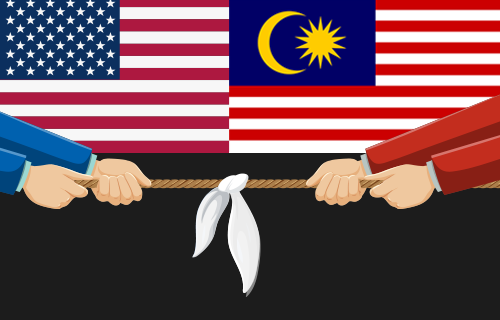IDEAS: Ban on Poultry Export will Exacerbate the Problem of Higher Egg Prices

Kuala Lumpur, 18 December 2018 – It was reported that there is a shortage in egg supply which has caused recent price increases in the poultry industry. The egg prices have reportedly increased by more than 10 sen in the past two months and egg production has dropped by an estimated 70% compared to two years ago.
Commenting on the issue, IDEAS Senior Fellow Dr Carmelo Ferlito said, “The poultry market in Malaysia is quite balanced and therefore a supply shock can easily affect the price. This is the case for the recent hike in egg prices, affected mainly by bird flu cases and by the feed price increase”.
Dr Carmelo inferred that the increase in egg price is natural in poultry industry whenever there is a shock from supply side. He further explained that the fluctuation of prices are recurrent and government intervention should not interfere with such a mechanism where adjustments to demand and supply movements rapidly happen.
Dr Carmelo is against the idea of a ban on egg exports when there is a shortage of supply. He justified that, “Imposing an export ban will penalise Malaysian producers in the medium and long-run because countries like Singapore will shift their consumption of imported eggs from Malaysia to other countries”. Ferlito added that one of the ways to reduce the risk of bird flu is to further strength the path toward mechanization: reducing the contact between birds and workers will help to reduce the risk of contamination. In order to achieve this target, it is important, according to Ferlito, not to take measures that might negatively affect profitability.
“Instead of banning exports, the government should open the Malaysian market to foreign suppliers, by easing the import regulations. Such a direction would allow both to support egg supply and to keep local suppliers on the path toward modernization because of the impact with foreign competitors,” Dr Carmelo concluded.

